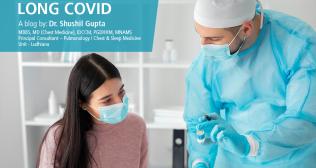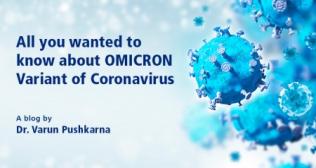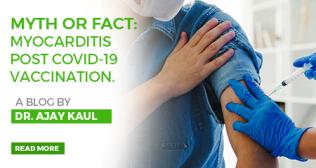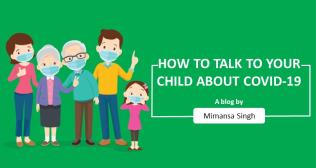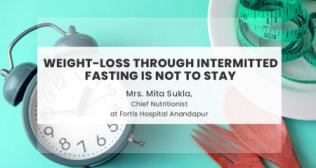
Cancer and Nutrition: A Holistic Approach
Nutrition plays a vital role in cancer prevention, treatment, and overall well-being. A holistic approach to cancer care encompasses not only medical interventions but also dietary choices and lifestyle factors that can influence cancer risk, treatment outcomes, and quality of life. In this article, we will explore the relationship between cancer and nutrition and discuss strategies for incorporating healthy eating habits into a comprehensive cancer care plan.
Cancer Prevention Through Healthy Eating: A nutritious diet rich in fruits, vegetables, whole grains, lean proteins, and healthy fats can help reduce the risk of developing certain types of cancer. Key dietary components associated with cancer prevention include:
Antioxidants: Found in colorful fruits and vegetables, antioxidants help protect cells from damage caused by free radicals, which may contribute to cancer development.
Fiber: Foods high in fiber, such as whole grains, legumes, fruits, and vegetables, can help regulate digestion and promote gut health, potentially reducing the risk of colorectal cancer.
Omega-3 Fatty Acids: Found in fatty fish, nuts, and seeds, omega-3 fatty acids have anti-inflammatory properties that may help lower the risk of inflammation-related cancers.
Limiting Processed and Red Meats: High consumption of processed and red meats has been linked to an increased risk of colorectal and other cancers. Choosing lean proteins such as poultry, fish, and plant-based sources can help lower cancer risk.
Nutritional Support During Cancer Treatment: Cancer treatment, such as chemotherapy, radiation therapy, and surgery, can place significant demands on the body and may impact appetite, digestion, and nutrient absorption. Proper nutrition during treatment is essential for supporting the immune system, maintaining strength and energy levels, and promoting healing and recovery. Key considerations for nutritional support during cancer treatment include:
Maintaining Adequate Caloric Intake: Cancer patients may experience appetite loss, nausea, or taste changes that can affect food intake. Consuming small, frequent meals and snacks that are nutrient-dense can help meet calorie and protein needs.
Managing Side Effects: Certain foods and dietary strategies may help alleviate common side effects of cancer treatment, such as nausea, diarrhea, and mouth sores. For example, ginger can help reduce nausea, while bland, soft foods may be easier to tolerate for individuals experiencing mouth sores or difficulty swallowing.
Hydration: Staying hydrated is essential for supporting overall health and aiding in the elimination of toxins from the body. Cancer patients should aim to drink plenty of fluids throughout the day, opting for water, herbal teas, and electrolyte-rich beverages.
Supplementation: In some cases, cancer patients may require nutritional supplements to address specific nutrient deficiencies or support nutritional needs that cannot be met through diet alone. However, it's essential to consult with a healthcare provider or registered dietitian before starting any supplements, as they may interact with cancer treatments or medications.
Post-Treatment Nutrition and Survivorship:
After completing cancer treatment, survivors may face ongoing challenges related to nutrition and overall health. Adopting a balanced diet and healthy lifestyle habits can support long-term recovery and reduce the risk of cancer recurrence. Key aspects of post-treatment nutrition and survivorship include:
Maintaining a Healthy Weight: Achieving and maintaining a healthy weight through diet and exercise is important for reducing the risk of cancer recurrence and improving overall health and well-being.
Regular Physical Activity: Exercise has been shown to reduce the risk of cancer recurrence and improve quality of life for cancer survivors. Aim for at least 150 minutes of moderate-intensity aerobic activity or 75 minutes of vigorous-intensity activity each week, along with strength training exercises.
Emotional Support and Coping Strategies: Cancer survivors may benefit from support groups, counseling, or other resources to help cope with the emotional and psychological challenges of cancer survivorship. Emotional well-being is closely linked to overall health and may influence dietary choices and lifestyle behaviors.
In conclusion, nutrition plays a critical role in cancer prevention, treatment, and survivorship. A holistic approach to cancer care integrates dietary recommendations, lifestyle modifications, and emotional support to optimize health outcomes and enhance quality of life for individuals affected by cancer. By prioritizing healthy eating habits and addressing nutritional needs throughout the cancer journey, patients, caregivers, and healthcare providers can work together to support optimal health and well-being.
Categories
Clear allMeet the doctor

- Support Specialties | Dietetics and Clinical Nutrition
-
18 Years
-
800







